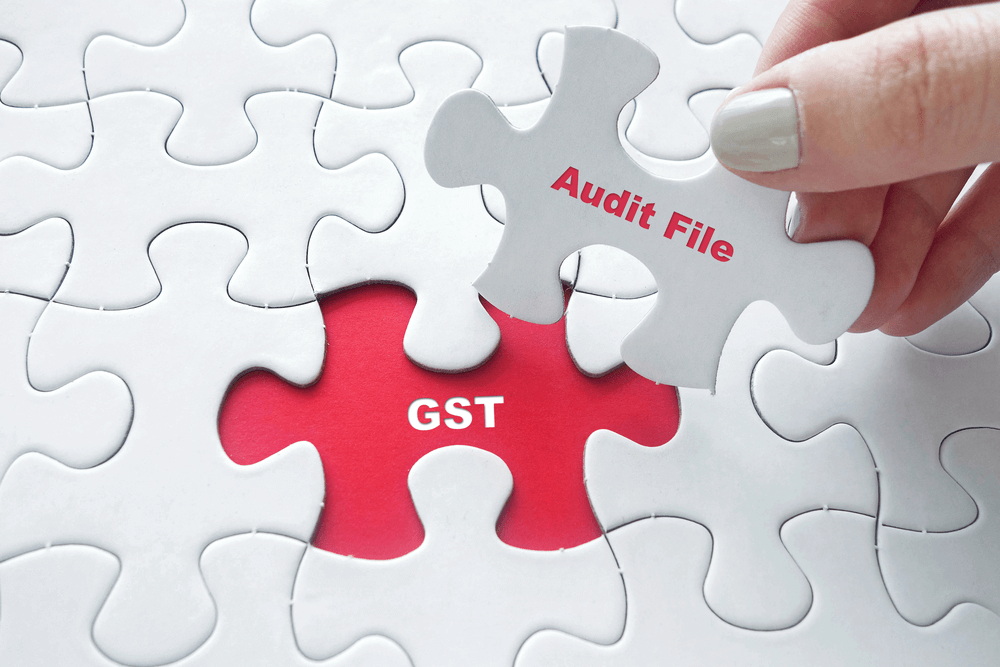An Overview of GST Audit in India
GST Act and Rules have provided for conducting of GST Audit by every registered person whose aggregate turnover during the financial year exceeds Rs 2 crore by chartered accountant or cost accountants and to submit a copy of audited annual accounts, reconciliation statement in form GSTR-9C and other prescribed documents.
GST Audit of previous year need to be conducted and report needs to be submitted on or before 30th December of every year.
For the financial year 2017-18, the due date for conducting GST Audit and submitting report has been extended till 30th June 2019.
Annual GST Audit form comprises of 2 things. First is reconciliation statement in form GSTR-9C and second is GST Audit form in GSTR-9D. We at EzyBiz India Consulting LLP, through our team of expert chartered accountants, provide Goods and Service Tax Audit Service for PAN India. Know more about services.

First of all, annual GST return in form GSTR-9 needs to be prepared and then GST Audit form in GSTR-9C need to be submitted online.
It may be noted that in order to prepare annual GST return and submitting GST Audit forms, a lot of reconciliation statements need to be prepared. For example
- GSTR-1 Reconciliation- Month wise sales shown in GSTR-1 return need to be reconciled with those shown in the financial statement for the period July 2017 to March 2018.
Please note that audited financials will be for 12 months but we require figures of sales for 9 months.
- GSTR-2 Reconciliation- Month wise details of purchase and expenses shown in GSTR2 need to reconcile with those shown in the financial statement for the period July 2017 to March 2018.
Please note that audited financials will be for 12 months but we require figures of purchases for 9 months.
- GSTR-2 and GSTR-2A Reconciliation- Month wise reconciliation of purchase and expense shown in form GSTR2 need to be done with figures of GSTR-2A in excel sheet.
- GSTR-2A and GSTR-3B Reconciliation- Month wise reconciliation of figures shown in GSTR2A with figures of GSTR 3B in excel sheet need to be done.
All the aforesaid reconciliation is quite a time consuming and any error in the same will give incorrect results.
In order to conduct a proper GST Audit, a lot of documents need to be checked and verified. List of documents which need to be checked are as under:
- Copies of GSTR-1 returns filed during the FY
- Copies of GSTR-3B returns filed during the FY
- Copies of Debit and Credit notes
- Copies of Bank statements for entire FY
- Copy of balance sheet and Profit and loss account along with notes
- Copy of sales invoices, purchase invoices, and expense bills
- In case of import, a copy of imported bills of entry, shipping bills, IGMs
- In the case of export, a copy of export bills, EGMs etc
- Delivery challans, invoices for goods sent for job work
Thus, GST audit is a very comprehensive audit which needs to be done by every registered dealer in addition to other prescribed audits like statutory audits, tax audit, transfer pricing audit. This will increase the compliance burden of the registered dealer as well as practicing professionals.

